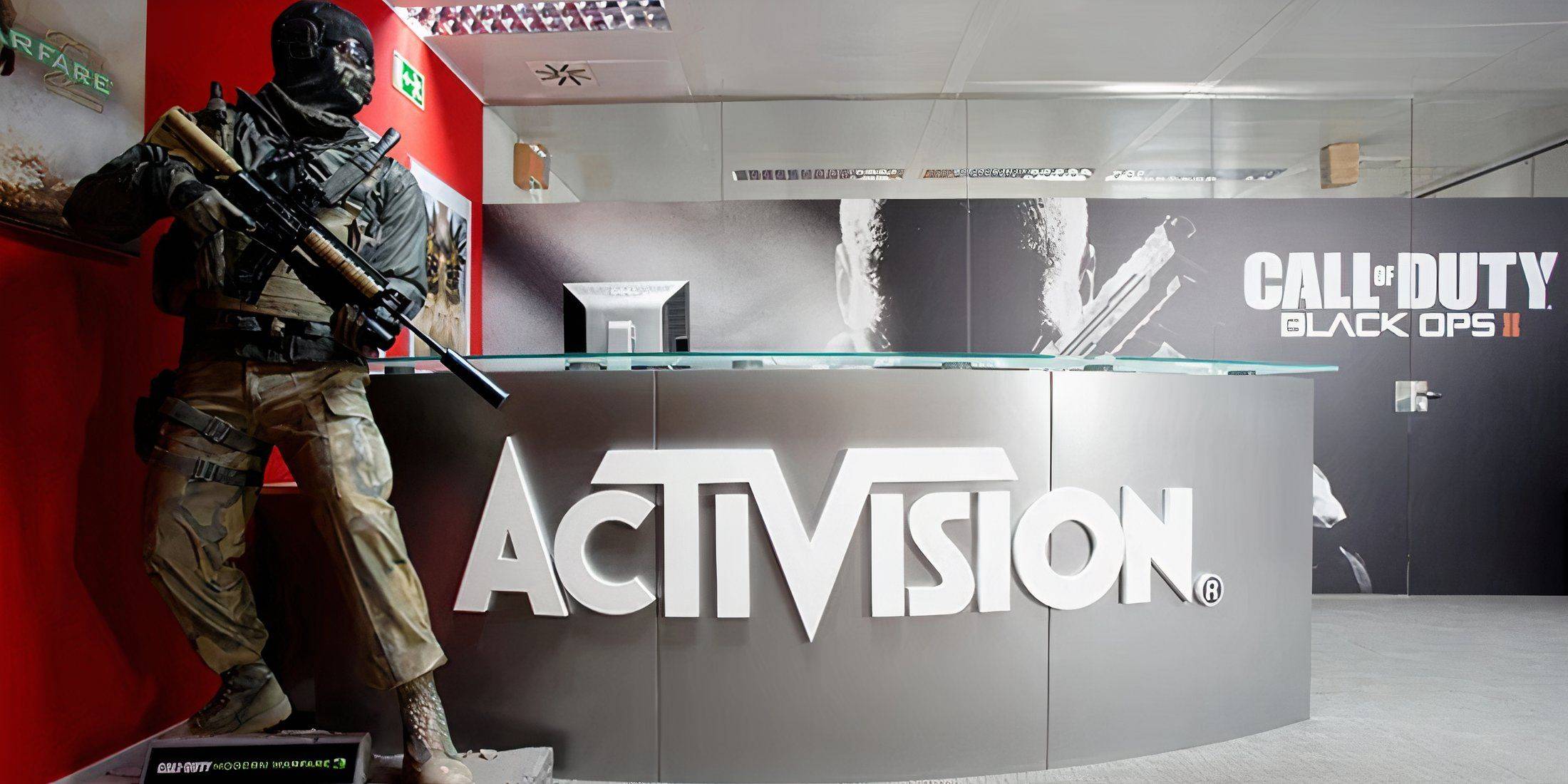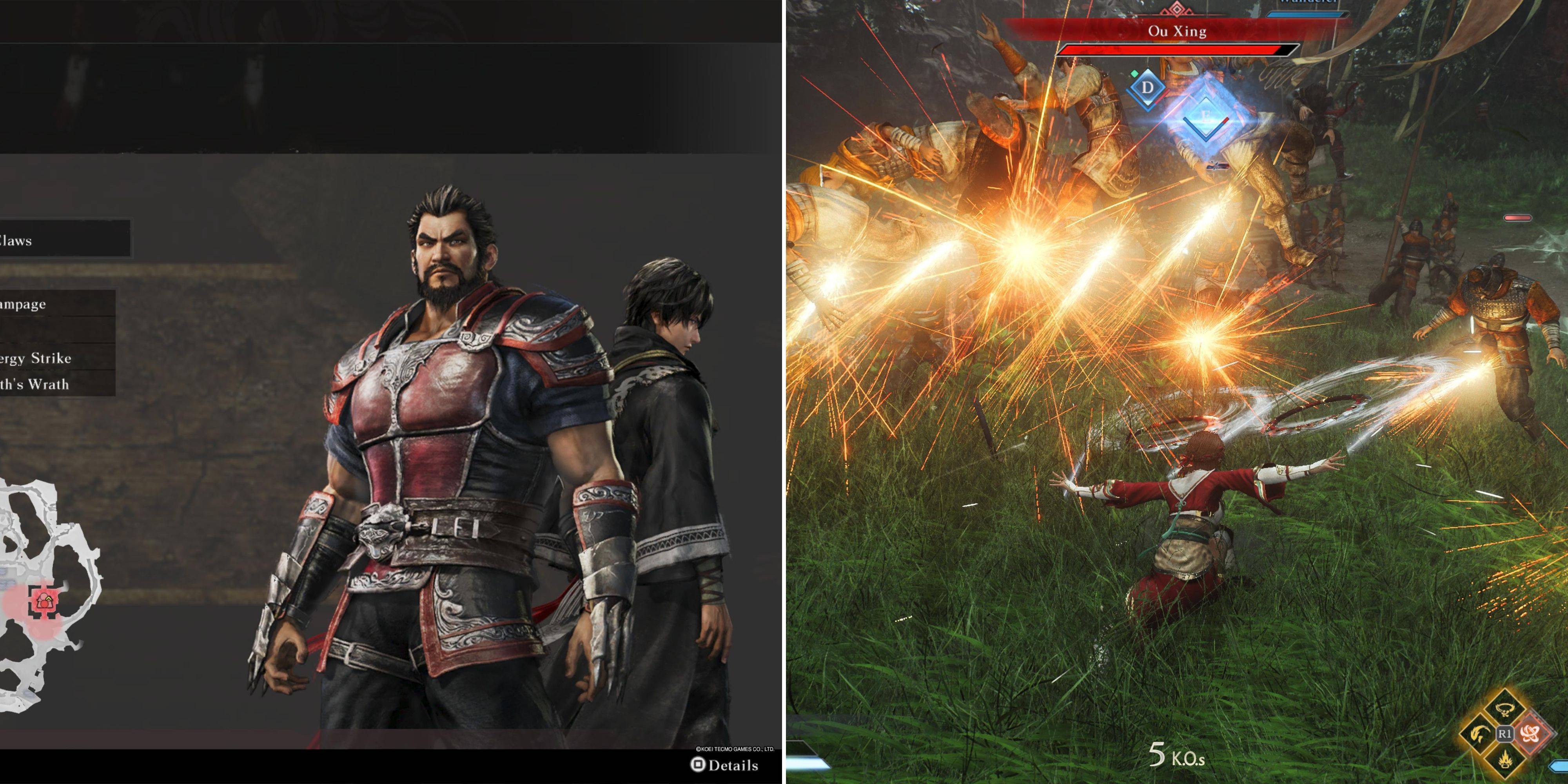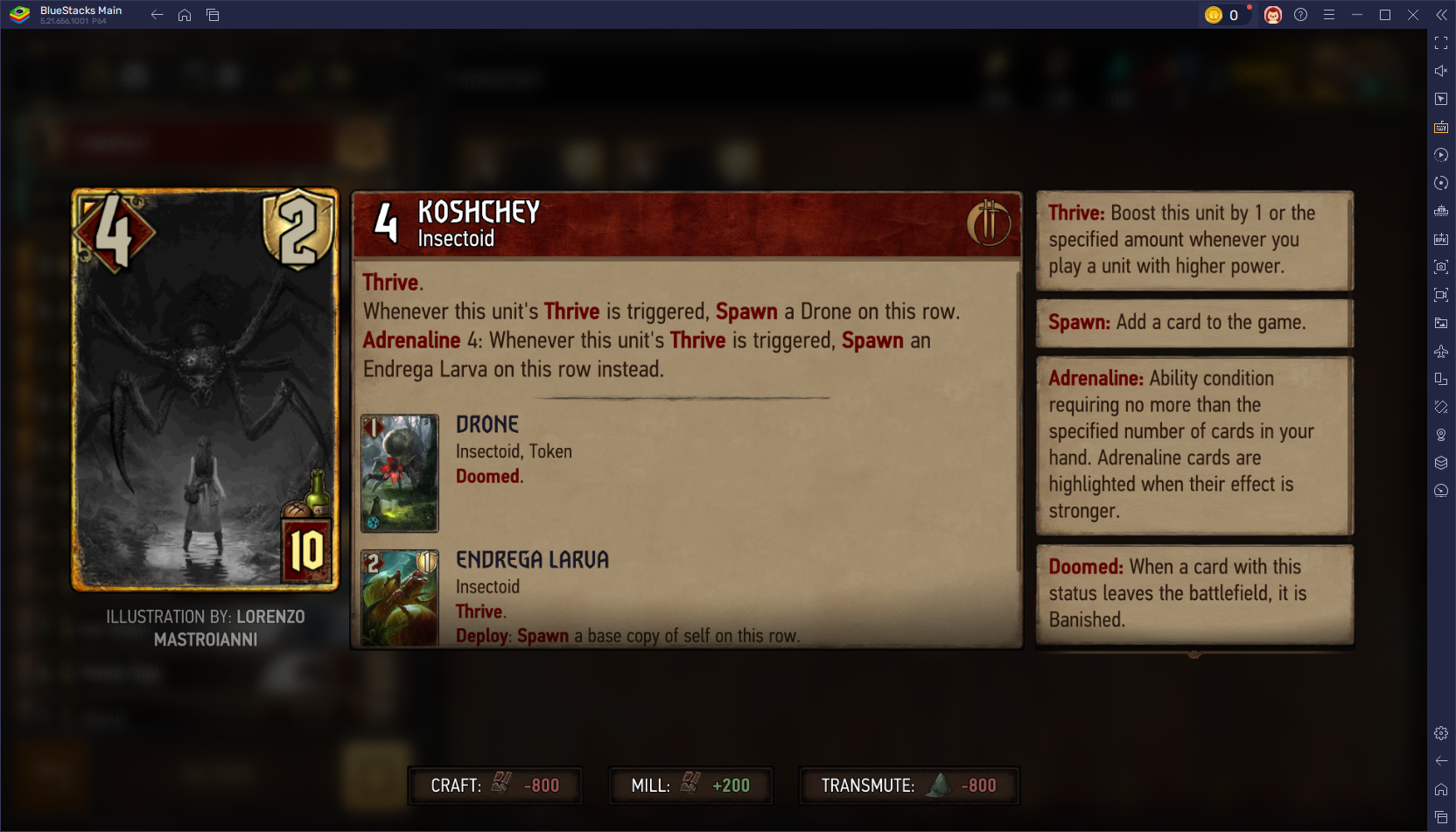Activision Submits Extensive Defense in Call of Duty Uvalde School Shooting Lawsuit

Summary
- Activision denies allegations linking Call of Duty to the Uvalde tragedy, asserting its content is protected by the First Amendment.
- Expert declarations submitted by Activision refute claims that the game serves as "training camp for mass shooters."
- Uvalde families have until late February to respond to Activision's extensive legal defense.
In response to lawsuits filed by families of the Uvalde school shooting victims, Activision has submitted a comprehensive 150-page defense. These lawsuits, filed in May 2024, allege a link between the shooter's exposure to violent content in Activision's Call of Duty series and the tragic events of May 24, 2022, at Robb Elementary School. The shooting resulted in the deaths of 19 children and two teachers, with 17 others injured. The 18-year-old shooter, a former Robb Elementary student, was a regular Call of Duty player, having downloaded Modern Warfare in November 2021, and used an AR-15 rifle, similar to one depicted in the game. The lawsuits also implicated Meta, alleging its Instagram platform facilitated connections between the shooter and firearm manufacturers, exposing him to AR-15 advertisements. The families contend that both Activision and Meta fostered a harmful environment that preyed on vulnerable adolescents, indirectly encouraging violence.
Activision's December filing denies all allegations, asserting no direct causal link between Call of Duty and the Robb Elementary tragedy. The company invoked California's anti-SLAPP laws, designed to protect free speech from frivolous lawsuits, seeking dismissal. Furthermore, Activision emphasized Call of Duty's status as an expressive work protected by the First Amendment, arguing that claims based on its "hyper-realistic content" infringe upon this fundamental right.
Activision Defends Call of Duty in Uvalde Lawsuit
Supporting its defense, Activision submitted a 35-page declaration from Notre Dame professor Matthew Thomas Payne. Professor Payne argues that Call of Duty's depiction of military realism aligns with established conventions in war films and television, refuting the lawsuit's characterization of the game as "training camp for mass shooters." A 38-page declaration from Patrick Kelly, head of creative for Call of Duty, details the game's design, including the $700 million budget for Call of Duty: Black Ops Cold War. These submissions form a key part of Activision's strategy to counter the Uvalde families' legal arguments.
Activision's detailed documentation requires a response from the Uvalde families by late February. The outcome remains uncertain, but this case highlights the ongoing debate surrounding the connection between violent video games and mass shootings.
-
1

Top Streaming Platforms for Live Sports in 2025
Jun 18,2025
-
2

GTA 6 Set for Fall 2025 Release, CEO Confirms
Apr 03,2025
-
3

First ALGS in Asia Emerges in Japan
Jan 19,2025
-
4

Roblox: CrossBlox Codes (January 2025)
Mar 04,2025
-
5
![Roblox Forsaken Characters Tier List [UPDATED] (2025)](https://img.jdzca.com/uploads/18/17380116246797f3e8a8a39.jpg)
Roblox Forsaken Characters Tier List [UPDATED] (2025)
Mar 05,2025
-
6

Introducing the Ultimate Guide to Seamless Character Swapping in Dynasty Warriors: Origins
Feb 25,2025
-
7

Gwent: Top 5 Witcher Decks (2025 Update)
Mar 13,2025
-
8

Cute mobs in Minecraft: pink pigs and why they are needed
Mar 06,2025
-
9

Max Hunter Rank in Monster Hunter Wilds: Tips to Increase
Apr 04,2025
-
10

Capcom Spotlight Feb 2025 Showcases Monster Hunter Wilds, Onimusha and More
Apr 01,2025
-
Download

Portrait Sketch
Photography / 37.12M
Update: Dec 17,2024
-
Download

Friendship with Benefits
Casual / 150.32M
Update: Dec 13,2024
-
Download

F.I.L.F. 2
Casual / 352.80M
Update: Dec 20,2024
-
4
[NSFW 18+] Sissy Trainer
-
5
Pocket Touch Simulation! for
-
6
슬롯 마카오 카지노 - 정말 재미나는 리얼 슬롯머신
-
7
Chubby Story [v1.4.2] (Localizations)
-
8
Life with a College Girl
-
9
Shuffles by Pinterest
-
10
Hunter Akuna














